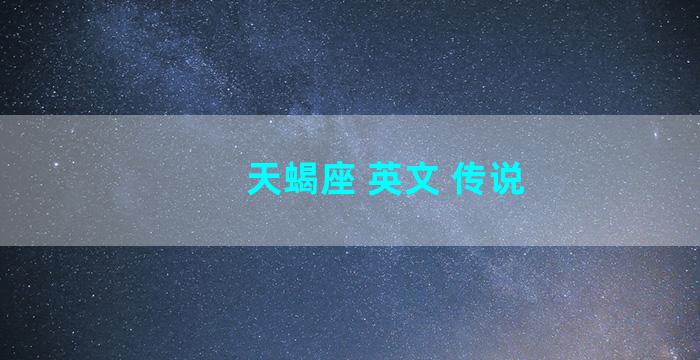The Scorpio: Legends and Beliefs
Scorpio is one of the most mysterious signs of the zodiac, known for its intensity, passion, and secrecy. In astrology, it is associated with transformation, power, and rebirth, reflecting the symbol of a scorpion, a serpent, and an eagle. But beyond astrology, Scorpio has fascinated humans since ancient times, inspiring myths, legends, and beliefs that still resonate today.
One of the earliest references to Scorpio can be found in Babylonian astronomy, which identified it as the "Scorpion-man" or "Girtablilu," a half-human, half-scorpion creature that guarded the gates of the underworld. This image was later adopted by the Greeks and Romans, who saw the constellation as a representation of the monster sent by Gaia to kill Orion, the hunter. According to the myth, Artemis, the goddess of the moon, loved Orion and asked Zeus to place him among the stars. As a result, Scorpio and Orion became eternal enemies, as they【
传奇星座】 rise and set at opposite times of the year.
In Hindu astrology, Scorpio is associated with the seventh chakra, or energy center, that governs the flow of kundalini or life force through the body. The energy of Scorpio is said to be transformative and purifying, as it exposes our hidden fears, desires, and attachments, and helps us release them. Scorpio is also considered a feminine sign, ruled by Mars and Pluto, which represents the yang and yin aspects of the psyche and the balance between them.
In Western astrology, Scorpio is often associated with the planet Mars, the god of war, and the element of water, which symbolizes emotions and intuition. Scorpio is ruled by Pluto, the god of the underworld, who governs death, transformation, and rebirth. Pluto's influence is seen in Scorpio's ability to dive deep into the unknown and the hidden, to uncover secrets and taboos, and to shed light on the darkness. Scorpio is also associated with the tarot card of Death, which signifies the end of one cycle and the beginning of another, the ultimate transformation and regeneration.
In popular culture, Scorpio has been depicted as complex and enigmatic, sometimes even sinister or dangerous. Many fictional characters have been identified as Scorpios, such as James Bond, Hannibal Lecter, and Walter White. Scorpio has also been associated with the occult, magic, and psychic powers, as well as with sexuality, sensuality, and seduction. The Scorpio archetype is both feared and desired, as it represents the power to control and manipulate, as well as the vulnerability to be controlled and manipulated.
Ultimately, the legend of Scorpio reflects our own search for meaning, purpose, and self-discovery. We are all Scorpios in some way, as we navigate the dark waters of our psyche, facing our fears and desires, and embracing the unknown. Scorpio reminds us that transformation is inevitable, that we must let go of what no longer serves us, and that we have the power to create our own destiny. Whether we believe in astrology or not, the Scorpio myth continues to inspire us to explore the depths of our soul and to embrace our true nature.
